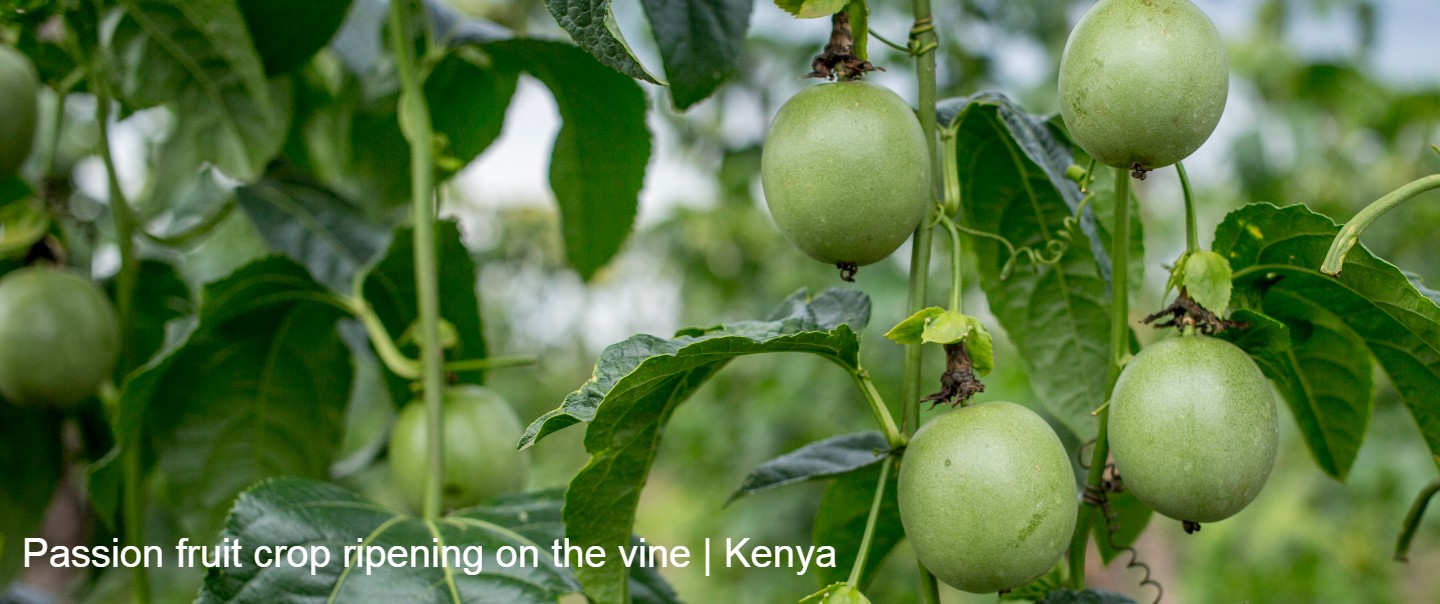
‘People can’t go to the market. But I can bring the market to them’: Bathsheba
Ask a resident of Kitui County, Kenya what scares them most about the coronavirus. Some will say illness. Others will say joblessness. But just as often as not, you’ll get a third answer: hunger. With markets shuttered, transportation halted and strict curfews imposed countrywide, in some counties the greatest threat isn’t the virus but a simple scarcity of food.
Enter Bathsheba Kilonzi, smallholder farmer, Hand in Hand member, and answer to many of her neighbours’ prayers.
Konza Village, Machakos County
Kenya’s lockdown: empty markets, bare cupboards
Kenya’s health system isn’t equipped to cope with Covid-19. Prevention, not treatment, is the country’s only hope. That was the government’s thinking in early-March, when it imposed sweeping lockdown measures that banned large gatherings, effectively shutting down markets countrywide. To be certain, these measures have helped halt the spread of the virus. But in a country where 85 percent of food goes through outdoor, informal markets, the policy has come at a precipitous cost.
With access to tens of thousands of smallholder farmers in dozens of counties countrywide, Hand in Hand is doing everything we can to help. Since the start of the lockdown, our trainers have instructed almost 15,000 members by phone and SMS on finding new sources of seedlings and crops where necessary, then making sure their produce finds buyers. Aside from helping to prevent tens of thousands of Kenyans from going hungry, it’s keeping thousands of smallholder farmers from going under.
Finding opportunity
 Before coronavirus, Bathsheba was a smallholder farmer growing spinach, kale, onions, carrots and pawpaw, a cousin of papaya. Every week, she would travel to her local market in Konza village and set up a stall. “When the lockdown came, people couldn’t go to the market. But after I spoke to Hand in Hand I realised that I could bring the market to them,” she says.
Before coronavirus, Bathsheba was a smallholder farmer growing spinach, kale, onions, carrots and pawpaw, a cousin of papaya. Every week, she would travel to her local market in Konza village and set up a stall. “When the lockdown came, people couldn’t go to the market. But after I spoke to Hand in Hand I realised that I could bring the market to them,” she says.
One sweltering morning in early-March, Bathsheba strapped on a facemask, packed a basket and set out selling her vegetables door-to-door. Demand, she discovered, was huge. With the help of her Hand in Hand Self-Help Group, she identified other smallholders with produce to offload, and has since become her village’s biggest distributor. “I follow all the precautionary messages such as wearing a face mask while delivering my supplies,” she says.
Today, Bathsheba’s monthly income has doubled, reaching 10,000 KES (US $100) a month. Not only are her husband and three children financially secure during this incredibly uncertain time, but she’s never felt prouder.
“I feel good being part of the team that is playing a role in curbing the spread of coronavirus by helping people access food as they stay at home,” she says.
By the numbers
Income before outbreak: 5,000 KES (US $50) a month
Income now: 10,000 KES (US $100) a month
Farmers reached via phone with support and advice: 15,000
Next case study: Meet Gloria, the former refugee growing crops – and profits
